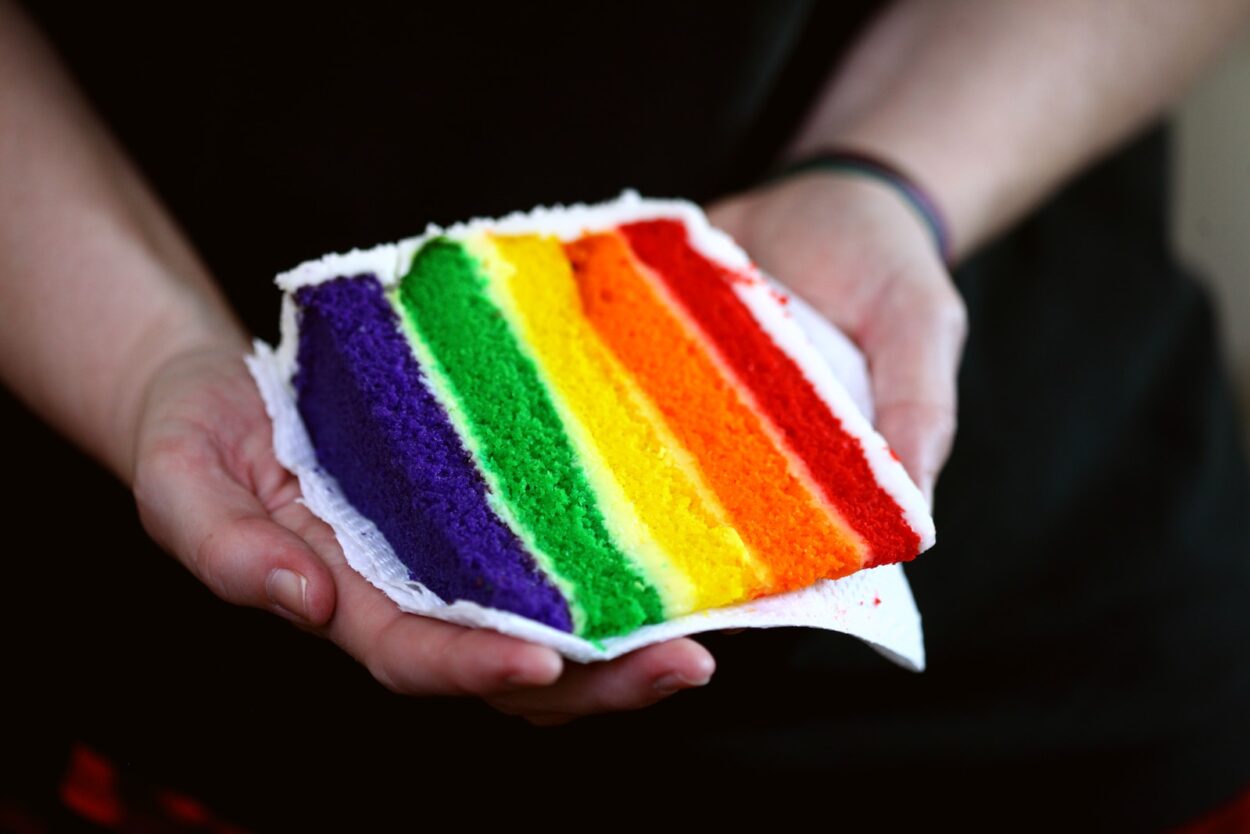Some women find they are attracted emotionally and physically to other women. This can lead to a sexual orientation identified as lesbian, gay or bisexual.
It is important to come out when you are ready. It is also important to do it in a way that makes you and those around you happy.
1. Talk to a therapist
For many people, coming out as gay or lesbian can be a difficult journey. They may have difficulty coping with discrimination, bullying and rejection based on their sexual orientation or gender identity, especially when other factors like age, religion, ethnicity, socioeconomic status or language are involved.
Talking to a therapist about these issues can be helpful. Therapists are trained to respect a person’s right to self-determination, including their sexual orientation and gender identity, and to work with them to actively cope with social prejudices and hateful attitudes toward homosexuality.
When talking with a therapist about coming out as a lesbian, be open and honest about how you feel. Therapists are there to help you, and they will be more able to understand and support you when they have a full picture of your experiences.
If you have loved ones who are going through the process of coming out as gay or lesbian, it’s important to be there for them. Listening, expressing love and acceptance, and respecting confidentiality are all ideal ways to show compassion and support. In addition, it’s helpful to plan ahead. Consider how you will respond to questions and try to anticipate what others might say or do. If you’re not sure how to answer a question, it’s okay to say, “I’m not comfortable answering that.” This way, you can avoid any unwanted or negative reactions.
2. Talk to your parents
Whether you decide to tell your parents about your sexual orientation or not is completely up to you. Many people choose not to come out to their parents for a variety of reasons. This is completely valid and okay. Having said that, if you do want to tell your parents, be prepared for them to react negatively at first. This is understandable as it can be a huge shock to anyone to hear that they are gay or lesbian. Give them some time to process it, and don’t push them to talk about it right away.
It’s also a good idea to find out if there is someone close to you that already knows, and can act as a safety net in case things don’t go the way you hope they will. This person could be a friend, relative, teacher or counselor who is open-minded and compassionate. They could even be another set of parents who have gone through this themselves and can act as a positive influence on your own parents.
When you are ready to have the conversation with your parents, be sure to pick a private place where you can speak freely and without interruption. Avoid places where you are going to spend a lot of time with them, such as a family dinner or vacation.
3. Talk to your friends
Teenagers often need to come out as lesbian, gay, or bisexual in order to get the support they need from their friends and family. In fact, the younger someone is when they acknowledge a nonheterosexual identity, the more they may need this support to move through normal adolescent development.
Many people choose to tell their friends about their orientation and gender identity before they tell their family members – but this is completely up to you! You may find that some of your friends are more open to the idea than others, so it’s important to consider how much support you have from each person.
It’s also important to remember that coming out isn’t about pleasing other people – it’s about being true to yourself. If you aren’t ready to do this, don’t worry – you’ll have plenty of opportunities throughout your life to come out and live on your own terms!
When you do decide to tell your friends, make sure you pick a time that will give everyone time to think about it and talk about it. You can tell your friends in a way that suits you best – through phone calls, text messages, or face-to-face. It’s a good idea to start with one or two of your closest friends and then tell the rest of your family members, if you haven’t already done so.
4. Talk to yourself
The decision to come out as a lesbian is personal, so it’s up to you to decide who to tell and when. If you’re worried someone might say something harmful, consider telling a counselor or therapist first. They’re required to keep private information confidential, but some may leak it to other people. Some also call LGBTQ support groups for help working through their feelings about sexual orientation or coming out.
If you choose to tell friends or family, remember that everyone reacts differently. Some people will be open-minded and supportive, while others might not. You might also be disappointed by their response or it may take time for them to process it. You can’t predict how someone will respond and it’s important to create a safety net for yourself if things don’t go the way you expect.
When you’re talking to your close friends or family, don’t ask about their sex life (“are you a top or a bottom?”) or talk about STI/HIV with them. These are inappropriate and can make them feel uncomfortable. Also, don’t try to hook them up with your other gay friend or out them to others without their permission. It’s important to treat your LGBT acquaintance as the same person they were before they came out. Their hobbies and interests probably won’t change, but they might listen to different music or watch a different sports team.




Leave a Comment